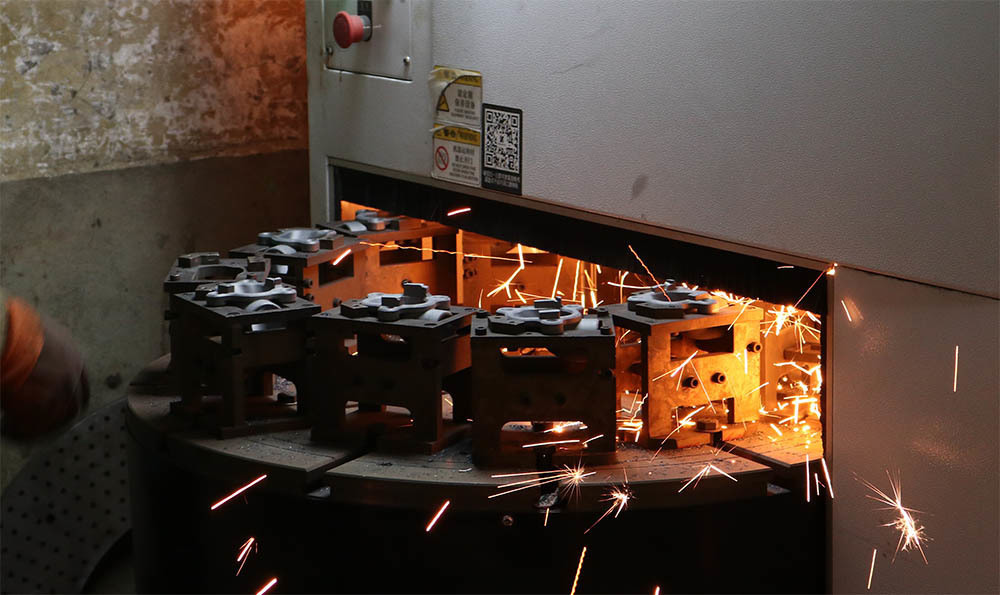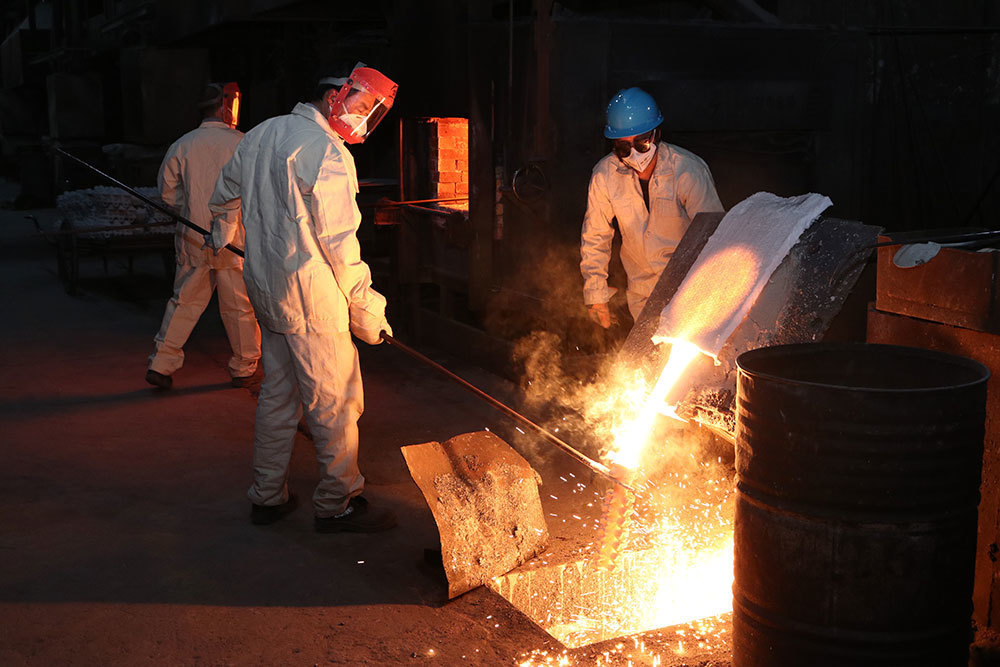2025-10-18
Unveiling the Magic of Precision Parts Manufacturing
Precision Parts Manufacturing: The Backbone of Modern Industry
In today's fast-paced world, where efficiency and accuracy go hand in hand, precision parts manufacturing stands out as a game-changer. But what exactly does this intricate process entail? Let's dive into the nuts and bolts of this fascinating field!
What is Precision Parts Manufacturing?
At its core, precision parts manufacturing refers to the creation of components that require high accuracy and tight tolerances. These parts are crucial in a variety of industries—from aerospace to automotive, and even in medical devices. Think of it as a recipe where each ingredient must be measured just right for the dish to come out perfect!
Why Precision Matters
Imagine driving a car that's missing a crucial component, or using a medical device that isn't manufactured to exact specifications. Yikes, right? That's why precision is non-negotiable. In fact, the demand for precision parts has skyrocketed as industries strive for excellence and safety.
The Techniques Behind Precision Parts Manufacturing
There are several techniques involved in precision parts manufacturing, each with its own unique flair:
- CNC Machining: This modern marvel uses computer-controlled machines to produce highly accurate components. It's like having a robot chef that never misses a beat!
- 3D Printing: Additive manufacturing is revolutionizing the way parts are made, allowing for complex geometries and quick prototyping.
- Injection Molding: Ideal for producing large volumes of consistent parts, this method is a go-to for industries producing plastic components.
The Impact of Technology
Technology has taken precision parts manufacturing to new heights. Advanced software and machinery enable manufacturers to achieve levels of accuracy that were once thought impossible. With innovations like AI and machine learning, the future looks bright—like, sunglasses-on kind of bright!
Quality Control: The Unsung Hero
No one wants to gamble with quality, especially when lives are at stake. That's where rigorous quality control comes into play. Every part goes through a battery of tests to ensure it meets the required standards. Think of it as a bouncer at an exclusive club, making sure only the best get in!
Challenges in Precision Parts Manufacturing
Of course, it's not all smooth sailing. Manufacturers face challenges such as:
- Cost Management: High-quality materials and cutting-edge technology can put a strain on budgets.
- Market Demands: Staying ahead of trends requires constant innovation.
- Supply Chain Issues: Disruptions in the supply chain can lead to delays and increased costs.
The Future of Precision Parts Manufacturing
So, what does the future hold for precision parts manufacturing? With the rise of the Internet of Things (IoT) and smart factories, manufacturers are gearing up for a technological revolution. Imagine a world where machines talk to each other, predicting failures before they happen. Sounds pretty cool, huh?
Conclusion: Precision is Key
In summary, precision parts manufacturing is more than just a process; it's an art form that ensures the safety and efficiency of countless products we use every day. As technology continues to evolve, so will the methods and materials used in this field. Fasten your seatbelts, folks, because the journey of precision is just getting started!
2024-01-20
2024-01-20









